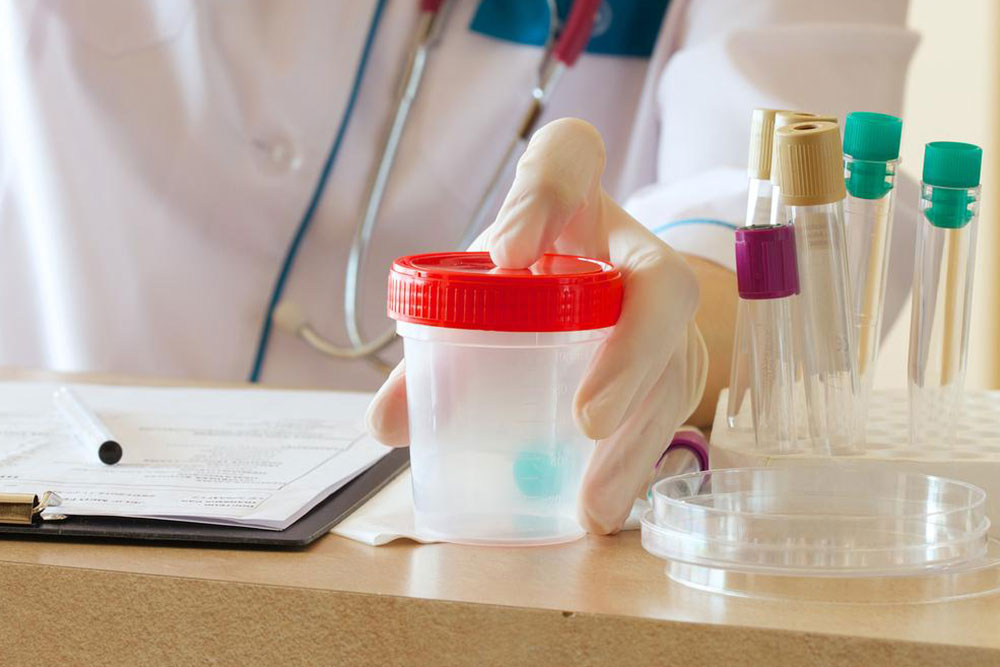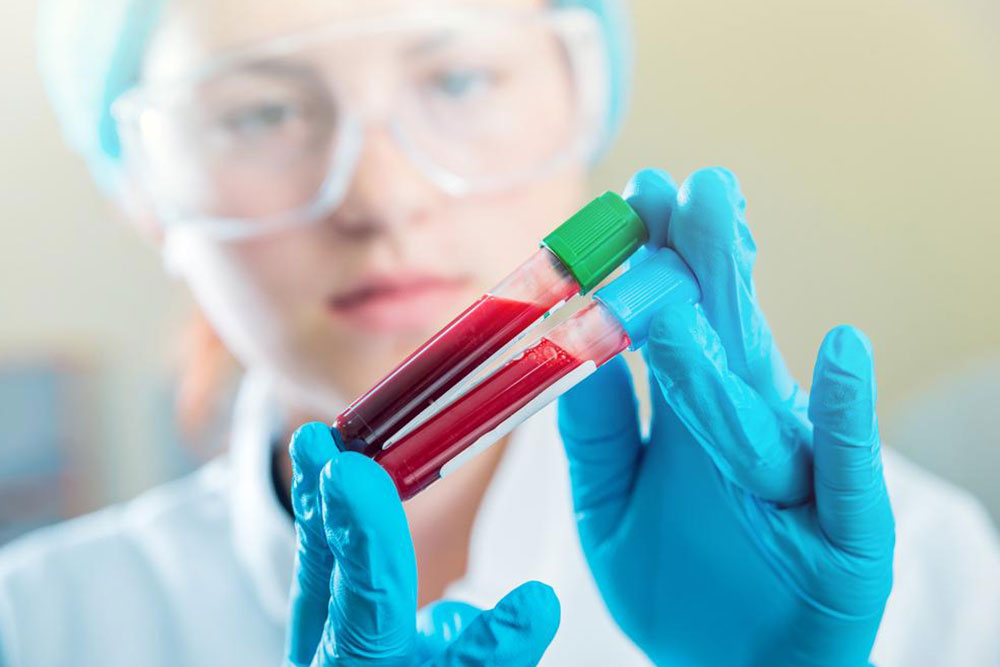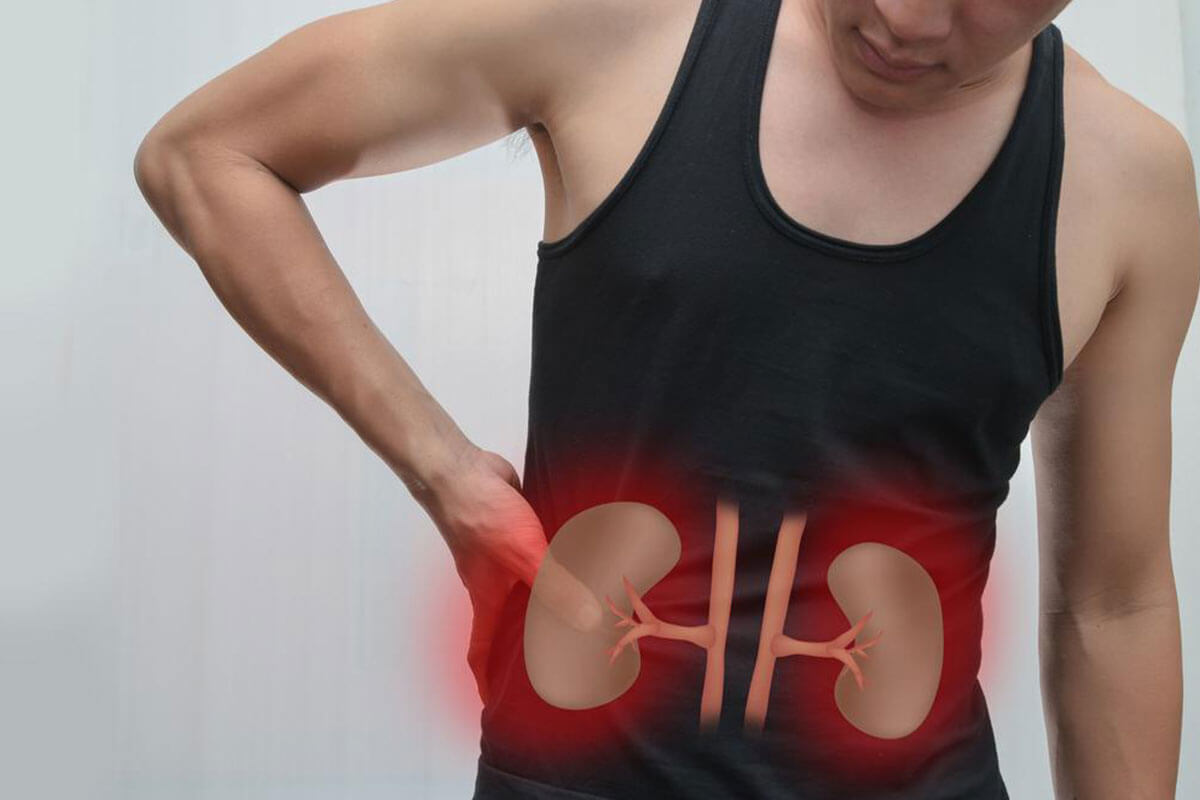Comprehensive Guide to Reversing Kidney Damage: Strategies and Early Detection
Learn comprehensive strategies for reversing kidney damage through early detection, medical treatments, and lifestyle changes. This detailed guide highlights symptoms, diagnostic methods, Stage progression, and effective prevention techniques to maintain optimal kidney health and prevent chronic kidney disease. Stay informed and take proactive steps today.

In-Depth Insights on Reversing and Managing Kidney Damage
Understanding How to Reverse Kidney Damage Effectively
Kidney health is crucial for overall well-being, and issues with kidney function can arise due to various reasons such as genetic predispositions, physical injuries, or adverse effects from certain medications. Additionally, individuals suffering from chronic illnesses like diabetes and hypertension, or those with a family history of kidney disease, are at heightened risk of developing kidney problems. The good news is that with early detection, appropriate medical treatment, and lifestyle modifications, it is possible to reverse some forms of kidney damage or at least prevent further deterioration.
Recognizing the early symptoms and seeking prompt medical attention are key steps in managing kidney health. Leveraging preventive strategies and timely interventions can significantly improve outcomes and even restore kidney function in certain cases. This comprehensive guide aims to shed light on the most effective methods for early detection, the importance of recognizing initial symptoms, and the latest treatment approaches to help reverse kidney damage successfully. Stay informed and proactive about your kidney health to reduce the risk of progression to chronic kidney disease or kidney failure.
Essential Methods for Early Detection of Kidney Damage
Urine Protein Analysis – One of the primary diagnostic tools is testing for the presence of abnormal protein levels in urine. Elevated protein levels, known as proteinuria, are often an early indicator that the kidneys' filtering units are compromised, allowing proteins to leak into the urine. This test is simple yet highly effective in detecting early kidney damage before more severe symptoms develop.
Glomerular Filtration Rate (GFR) Test – GFR measures how efficiently the kidneys filter waste from the bloodstream. It is calculated based on blood tests, age, sex, and body size. A GFR of 60 or higher is generally considered normal, while results below this threshold suggest compromised kidney function. Monitoring GFR over time helps in assessing disease progression and the effectiveness of treatments aimed at preserving kidney health.
The Critical Role of Early Detection in Reversing Kidney Damage
Timely Medical Intervention – Detecting kidney issues in the early stages significantly increases the likelihood of reversing damage. Prompt treatment can halt or slow down disease progression, preserving kidney function and preventing complications.
Diagnosis at Initial Stages – Early diagnosis offers a greater range of treatment options, often allowing clinicians to tailor therapy to the specific needs of the patient at a reversible stage of the disease.
Implementation of Targeted Therapies – When kidney damage is identified early, doctors can employ therapies that are most effective during initial phases, such as controlling blood pressure, managing blood sugar, and prescribing medications that protect kidney function. These strategies increase the possibility of reversing damage or preventing further decline.
Recognizing the Early Symptoms of Kidney Damage
Changes in Urinary Patterns – Subtle alterations like increased frequency, decreased output, presence of blood (hematuria), foamy urine (due to protein), or pain during urination can be early signs of kidney issues. Monitoring these signs and consulting a healthcare professional promptly can facilitate early intervention.
Swelling and Fatigue – Kidney problems can affect the production of erythropoietin, leading to anemia, which causes fatigue. Swelling in the face, arms, legs, or around the eyes may also be an indication of fluid retention due to impaired kidney function.
Understanding the Progression Stages of Chronic Kidney Disease (CKD)
Stage 1 – Characterized by minimal or no symptoms, with GFR around 90 or higher. Subtle abnormalities might be detected through tests, indicating early or initial kidney damage that can often be reversed with proper care.
Stage 2 – Slight decline in kidney function, with GFR between 60-89. Lifestyle adjustments and moderate medications are typically recommended to prevent progression.
Stage 3 – Moderate impairment, GFR between 30-59. Symptoms like anemia, bone disorders, and fatigue may start appearing. Preventive interventions become more critical at this stage.
Stage 4 – Severe damage with GFR between 15-29. Treatment options may include preparing for dialysis or kidney transplant.
Stage 5 – End-stage kidney failure with GFR below 15, necessitating urgent dialysis or transplantation to sustain life.
Supportive Strategies for Kidney Health and Recovery
Along with medical treatments, adopting a kidney-friendly diet is essential in managing and potentially reversing damage. Consuming foods low in sodium, phosphorous, and potassium can help reduce the burden on the kidneys. Incorporating nutrient-rich options such as cauliflower, cabbage, grapes, berries, garlic, peppers, onions, radishes, eggplant, turnip, and buckwheat can aid in maintaining optimal kidney function. These dietary adjustments, combined with proper medical management, lifestyle changes like quitting smoking, moderating alcohol consumption, maintaining blood sugar and blood pressure levels, and regular exercise, can significantly boost recovery efforts.
In conclusion, early detection and proactive management are key to reversing kidney damage. While some cases are reversible, others require ongoing care and lifestyle modifications to prevent further deterioration. Consulting healthcare professionals specialized in nephrology, adhering to prescribed treatments, and maintaining a healthy lifestyle can help safeguard your kidney health for years to come.





